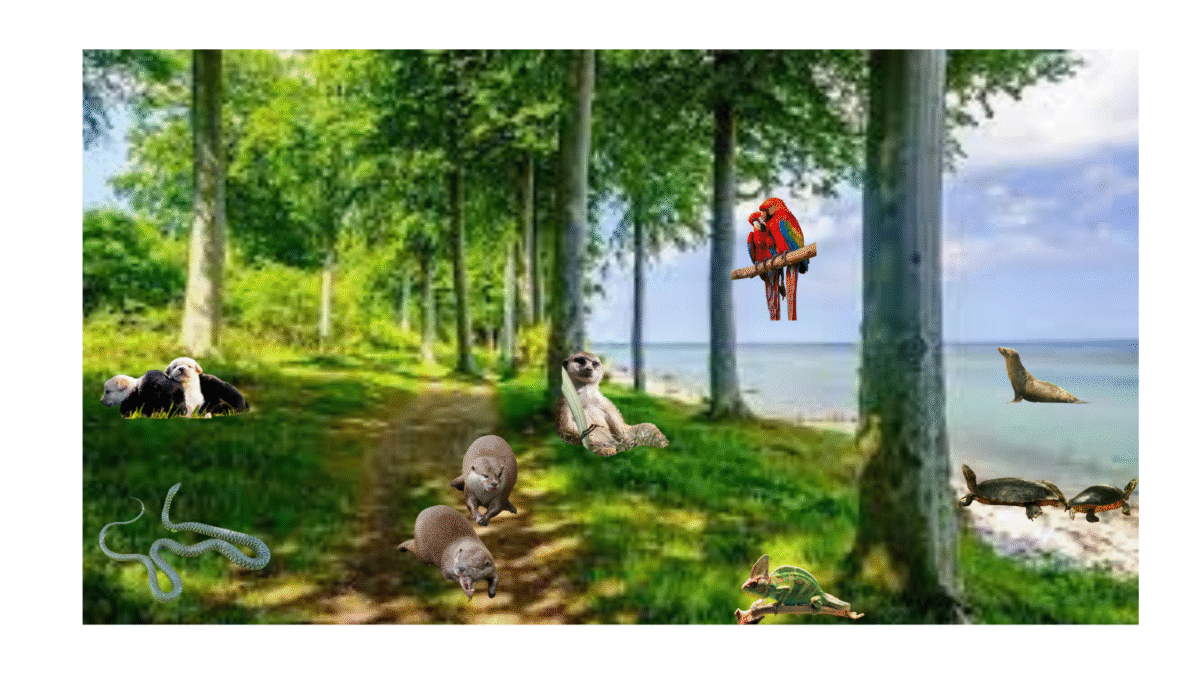The land and see exotic pets have universally agreed definition of an exotic pet. In the past, this term has referred to wild species of animals captured alive. The land and sea exotic pets are special animals kept as companions. Land pets include reptiles like iguanas and amphibians like poison dart frogs. They need specific conditions to stay healthy. Sea pets, like mandarin fish and seahorses, live in aquariums and have their own needs.
Land and sea exotic pets have unique features that make them special. Both types need careful care but can be very rewarding. Mandarinfish have bright colors, and chameleons behave in interesting ways. They add excitement to life and need special care. Owning one means discovering new things and connecting with a unique animal.
The Land and Sea Exotic Pets have interesting features beyond their looks. This article explains how to care for land and sea exotic pets. It includes their needs, behaviors, and care tips. Read more to learn how to give these pets the best home and enjoy their unique qualities.
The Ultimate Guide to Land and Sea Exotic Pet Care
Exotic pets, inclusive of reptiles, birds, and small mammals, have particular care wishes. Therefore, Owners of exotic pets should be ready for higher costs. They need to spend on special food, habitats, and vet visits. Good nutrition and the right living space are important to keep pets healthy and stress-free.
For example, tortoises, turtles, ferrets, and small mammals need specific environments and mental activities. It’s important to learn about legal rules and take preventive health steps. People should only try to acquire exotic pets because it can be very fulfilling, but the individual or group must first research the needs of each pet.
Land and Sea Exotic Pet Care Essentials
Reptiles:
Snakes, turtles
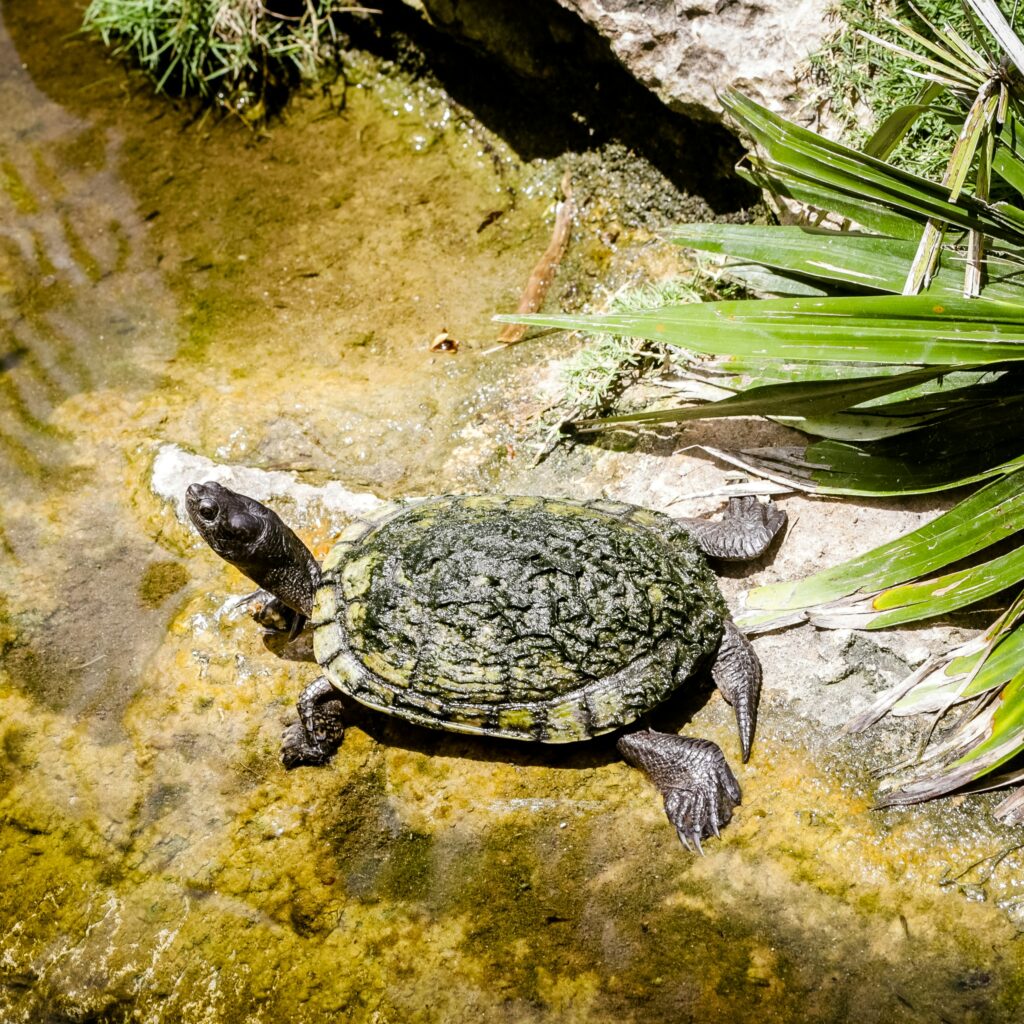
Birds:
Parrots, cockatiels
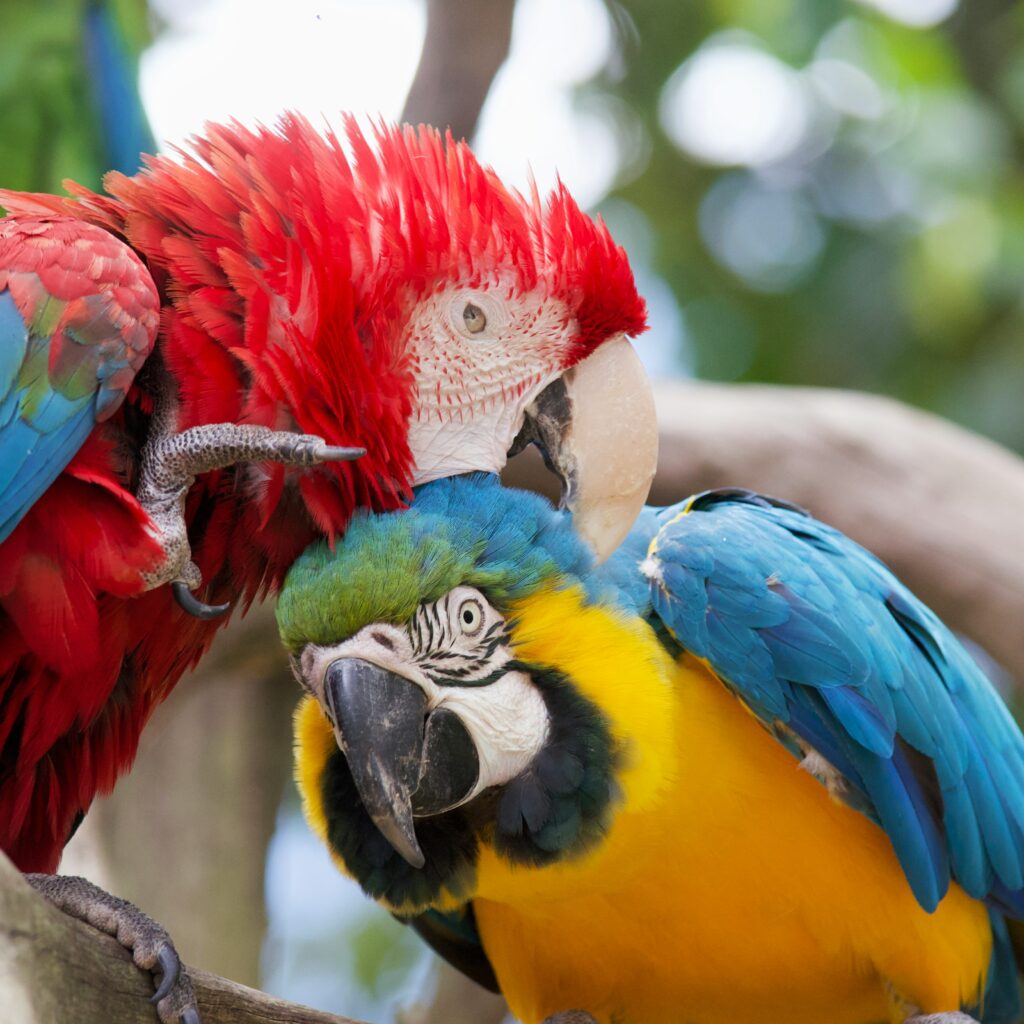
Mammals:
Ferrets, hedgehogs
Key Considerations:
- Safety:
Know habitat and handling needs.
- Questions for Owners:
Species needs, routine, emergencies.
- Care Tips:
Follow the diet, habitat, social needs, and schedule vet check-ups.
Effective pet sitting ensures exotic pets’ well-being by meeting their unique needs.
Expert Tips for Maintaining Land and Sea Exotic Pets
Maintaining land and sea exotic pets requires specific care to ensure their health and happiness. Here’s a detailed guide:
Land Exotic Pets
- Habitat Setup:
Choose a life setting in which the pet will be comfortable since it resembles its natural setting. As mentioned earlier reptiles like the iguanas require a large cage that should have proper heat, light, and humidity. Some reptiles include poison dart Frogs which will do well in a terrarium that is humid with plants where it can hide.
- Temperature and Lighting:
There should be a temperature difference between hot regions and cold regions in the habitat. For reptiles, UVB lighting is useful in the enhancement of calcium absorption and the general health of the reptiles.
- Diet:
Feed the animals according to the type of animal that it is. Iguanas feed on vegetables, whereas some reptiles require insects or certain kinds of pellets.
- Health Monitoring:
Signs that you should look out for include changes in behavior, eating habits, or shedding of fur. Take your exotic pets regularly for checkups to a veterinarian who knows about handling exotic animals especially when the animal is sick.
Sea Exotic Pets
- Aquarium Setup:
Construct the tank in such a manner that resembles the piece of the marine ecosystem. Ensure correct salinity level, water temperature, and water quality, respectively.
- Water Quality:
Regularly check and maintain water conditions. Monitor pH levels and salinity, and remove waste to prevent harmful buildup.
- Feeding:
Offer food based on the species’ needs. Some fish require live food, while others thrive on flakes or pellets. Feed according to species requirements.
- Health Checks:
Observe signs of distress or illness. Clean the tank regularly and seek advice from an aquatic veterinarian for health concerns.
General Tips
- Research:
Study each species’ needs to provide effective care.
- Enrichment:
Offer activities that stimulate natural behaviors.
- Legal Compliance:
Follow regulations for exotic pet ownership in your area.
Applying these tips will help create a suitable environment for land and sea exotic pets, ensuring their well-being and satisfaction.
Insider Secrets for Land and Sea Exotic Pet Care
For land pets:
For sea pets, set up their tanks to mimic their natural environment with the right temperature and salt levels. Give them the right food and add supplements if needed. Keep them happy with things to explore and play with.
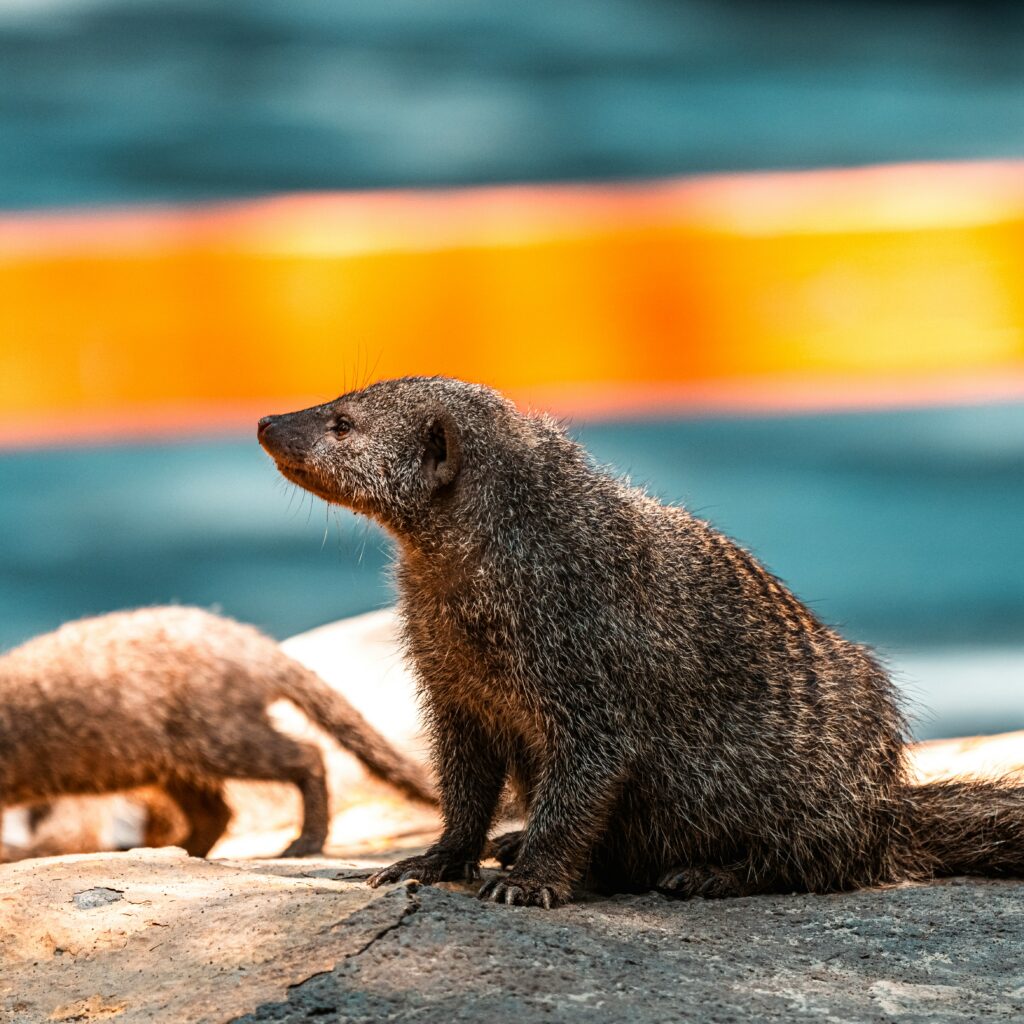
For sea pets:
Keep the aquarium clean and the water clear. Make sure all the fish and sea creatures get along. Watch for any health problems and fix them right away. This section helps you keep your exotic pets healthy and happy.
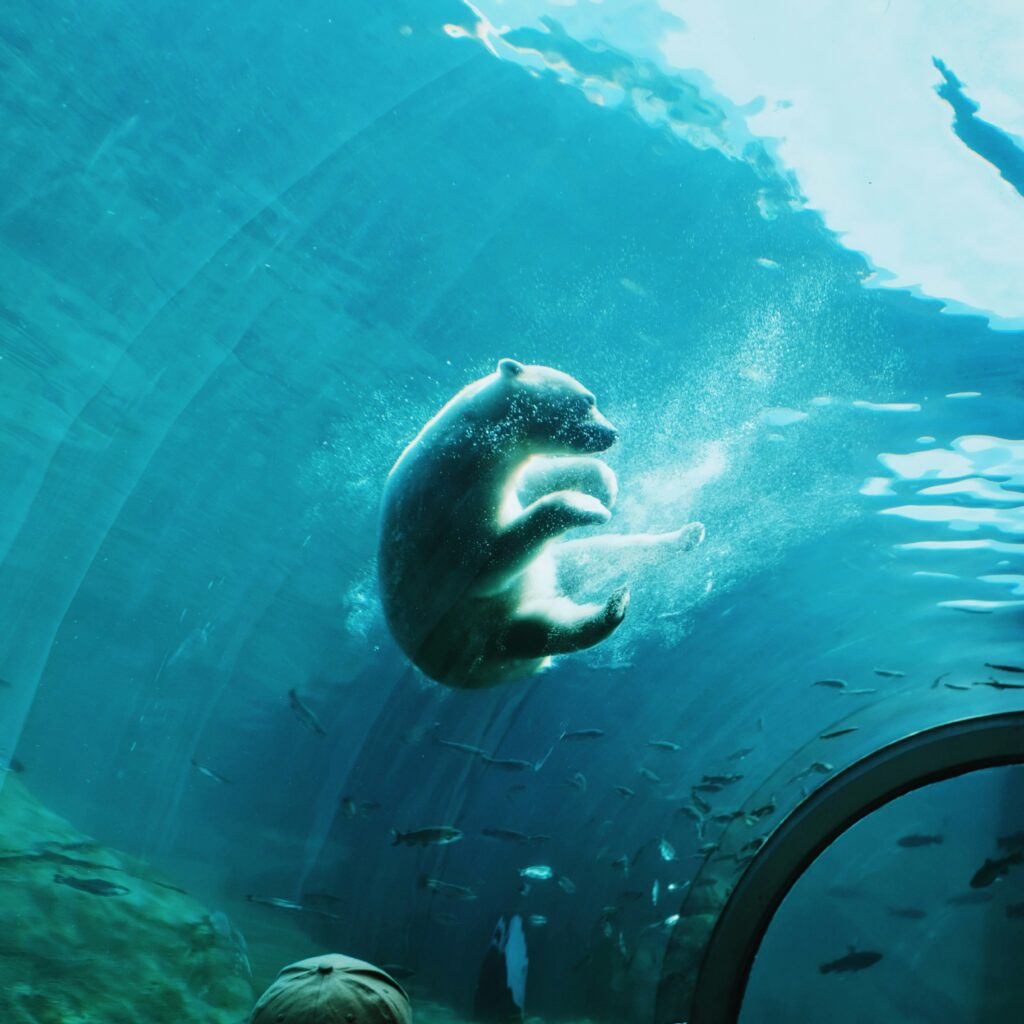
Unlocking the Mysteries of Land and Sea Exotic Pets
Exotic pets are exotic pets not pets, they are people’s companions. It is on the ground where there are reptiles such as geckos and iguana or you can get a view of the mammals including sugar gliders and hedgehogs. Fish Tanks: Certain aquatic animals and certain; Marine fishes such as clown fishes, and corals need special conditions in the aquarium.
Such animals need proper feeding and environment to be provided for for their better living standards. The social and cultural taboos alone only explain very little of them and so one must and should understand the legal and ethical ramifications as well of adopting them. It is fun to learn about different animals but one should remember that most exotic pets require a ton of attention.
Conclusion
Caring for exotic pets needs careful attention. Land animals like reptiles and small mammals need homes that match their natural settings. Sea animals, like fish, need clean tanks with the right conditions. Feed them properly, check their health regularly, and give them things to do. Follow local rules and think about the ethics of keeping these pets. Learn what each pet needs to keep them healthy and happy. Enjoy the special experience of caring for these unique animals.

